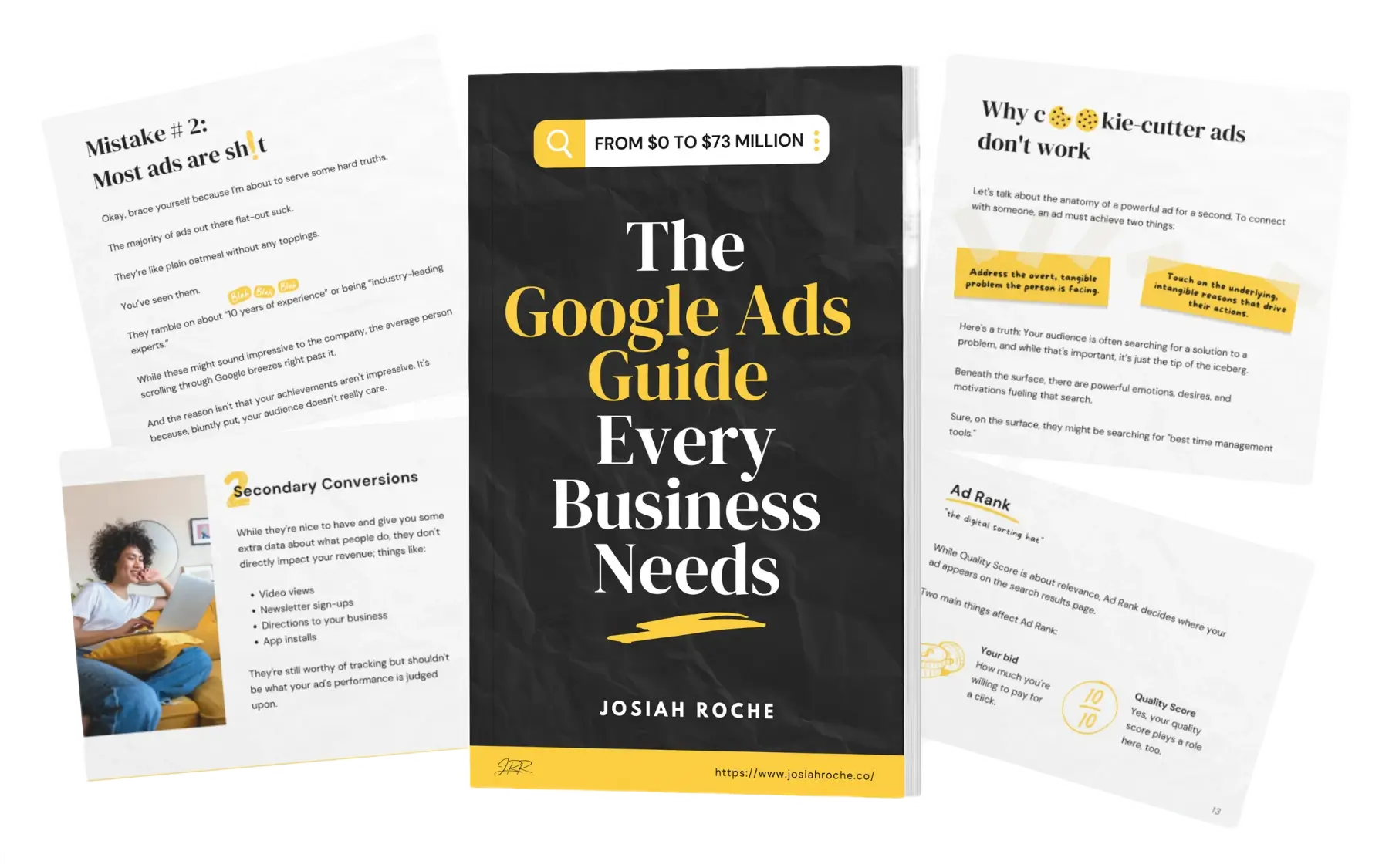As a Google Ads Specialist, one of the things I see far too often is businesses wasting money on PPC because of keyword cannibalisation.
It’s a common enough mistake and one that’s easily fixed. So if you’re guilty of it, read on to learn how to avoid keyword cannibalisation in PPC.
What is keyword cannibalisation in PPC, and how can it affect your campaigns negatively?
Keyword cannibalisation is a situation familiar to anyone who’s ever delved into the world of PPC.
By definition, it occurs when multiple Google Search ads target too similar keywords, making them compete with each other and ruining the chances of a successful campaign.
For example, a brand might advertise two similar medicinal herbs. Even though both products are related because they both end in ‘herb’, they benefit the consumer differently.
If both of these products were to run ads using the same keyword, ‘herb’, they’d be in direct competition with one another; as we all know, two competing ad groups would lead to dramatically increased CPCs and ad wastage.
It’s like a Hunger Games of competing ad groups – only one ad can come out as the winner (in the top placement in SERP).
You need to be strategic here and hone in on your keyword list so each ad group has its own set of targeted keywords that won’t intersect with another.
That way, you know you’re getting the most out of your investment.
So, avoid using similar keywords, match types and targeting parameters between your ad groups.
The single way this will ever happen is when you’ve got conflicting ad groups that have:
- Similar keywords
- Similar match types
- Similar targeting parameters
If one of these occurs in more than one campaign, you’ll likely be competing with yourself for searches that include the common targeted term (unless you have your negative keyword list strategically well thought out).
Without being careful, it’s surprisingly easy to compete against your own products accidentally. Hence why a lot of eCommerce brands still fall prey to this error.
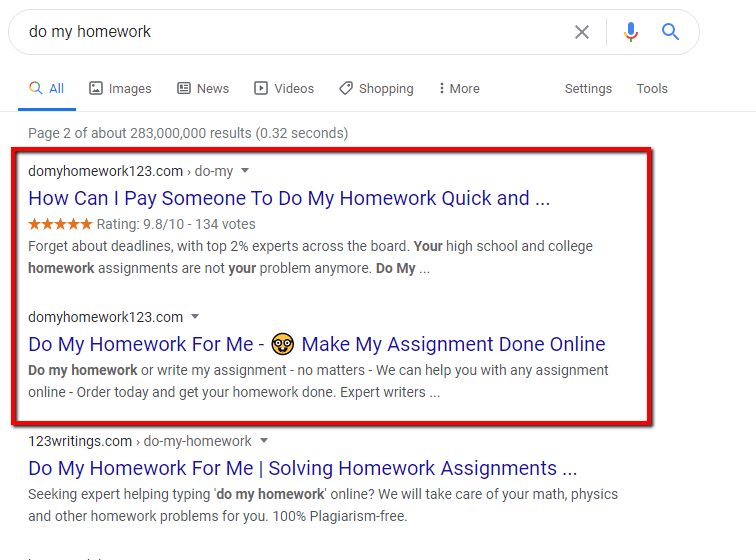
The three main causes of keyword cannibalisation
Google Ads is a tricky beast, and keyword cannibalisation can really confuse Google algorithms.
At its heart, keyword overlap basically means Google doesn’t know which ad to display first, resulting in lower click-through rates (CTRs) and higher cost-per-click (CPC).
Poor organisation of Google Ads campaigns is one of the key causes of keyword cannibalisation; the sheer number of different keywords can lead to a mess that Google just cannot decipher on its own.
Broad match keywords are another culprit for Google confusion – leading to overlap and more confusion.
Another symptom is using similar landing pages. With Performance Max and Dynamic Search Ads, if you have two almost identical pages, it can result in Google not knowing which URL to choose.
Fortunately, the solution to this problem is simple. You can avoid keyword cannibalisation by following a few key steps:
- Group your keywords into logical ad groups – this way, Google knows which ad should appear for each group of related keywords and reduces the chances of overlap. using exact and phrase match types can help to minimise overlap, though you should also use broad match modifiers to remain competitive.
- Create relevant landing pages – this will ensure that each set of keywords sends the user to the page best suited for them, increasing your chances of success.
- Differentiate your targeting by location – what’s equally or more important is separating your campaigns by different locations. We’ll explore this together.
How to prevent keyword cannibalisation in PPC?
1. Group your keywords into logical ad groups
Grouping your keywords into logical ad groups isn’t just a way for Google to work out which ads should appear – it’s also a good opportunity to optimise your advertising efforts further.
By taking the time to group them thoughtfully, you can more easily track campaign performance and save yourself from embarrassing overlaps.
Creating thematic ad groups is a great way to save yourself from any awkward moments. You don’t want your ads appearing simultaneously, right?
The best way to plan your ad groups using the Google Keyword Planner is by filtering the keywords, so they’re not overlapping.
It also pays to keep an eye on negative keywords. This means you don’t show your ads in irrelevant search queries, saving you from any costly clicks.
By grouping your keywords into logical ad groups and filtering them carefully, you can make sure that your campaigns are hyper-targeted to your marketing goals.
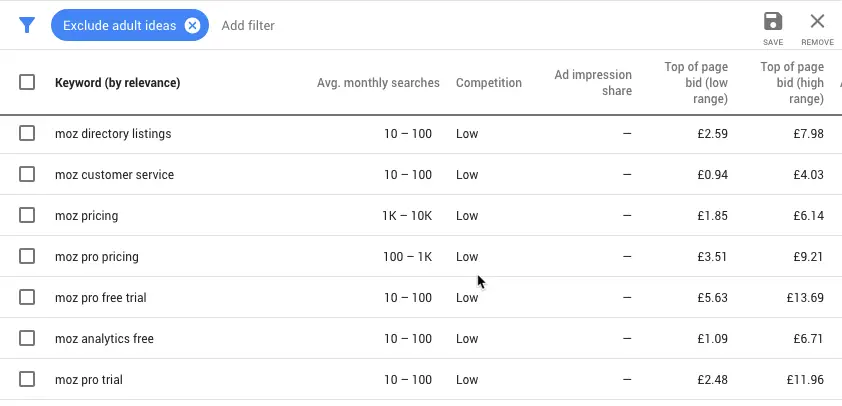
2. Create relevant landing pages
PPC relies on having the right landing pages for each set of keywords you are targeting. Without relevant landing pages, your Google Ads will only get you so far before users click away and look elsewhere.
Consider what keywords you are targeting and create landing pages tailored to those specific terms, ensuring users immediately comprehend why they’ve landed on that page and how it relates to their search query.
Also, periodically check your landing pages and update them as needed. Technology is always changing, so keep an eye out for new trends and opportunities to optimise your landing pages using proven website conversion strategies.
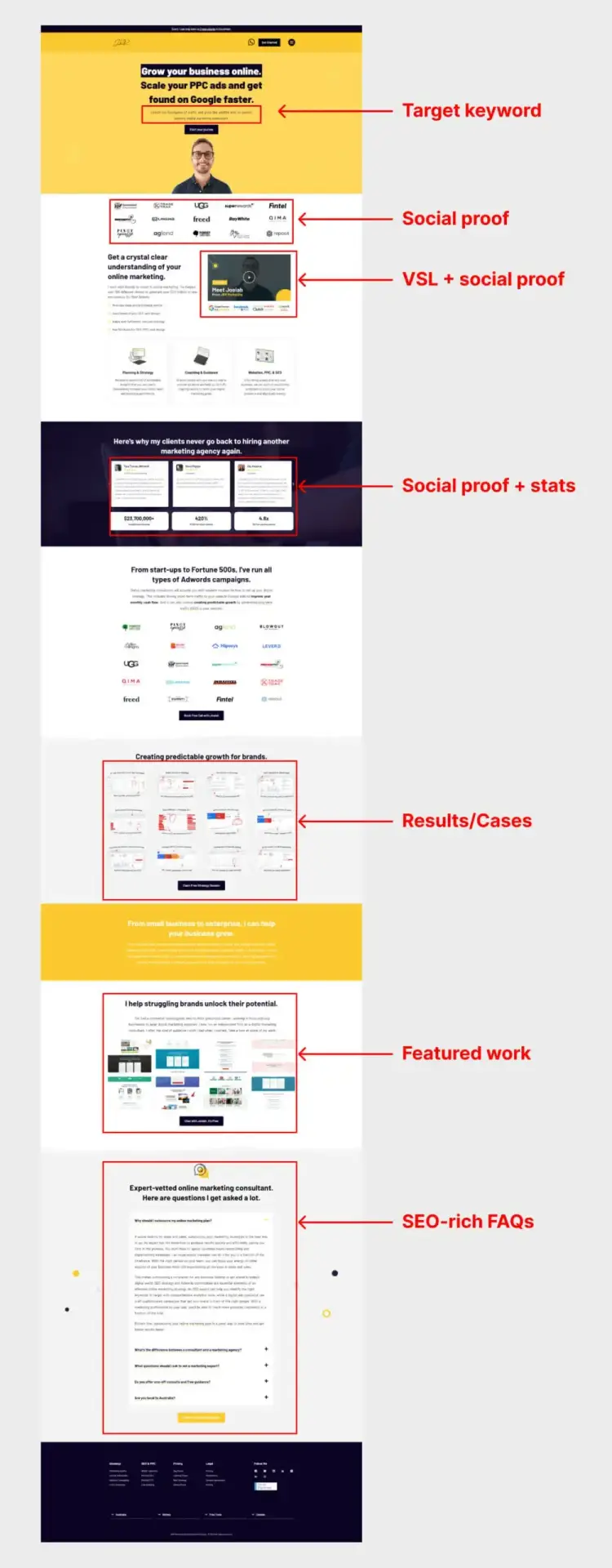
3. Differentiate your targeting by location
Finally, to manage your campaigns efficiently, you will want to separate them by location. Although it’s a very obvious suggestion, many businesses use overlapping location targeting, resulting in some serious keyword cannibalisation.
When location targeting is used properly, you can aim for perfect quality scores, which will help you unlock discounts on your ads.
I have a tutorial that also shows you how to dynamically insert locations in your ad content to give you an even more personalised and relevant experience for your visitors. What better way to increase quality score, CTRs, and ROI all in one hit?
So don’t neglect this simple but crucial step when setting up your Google Ads campaigns – it might just be the difference between success and failure.
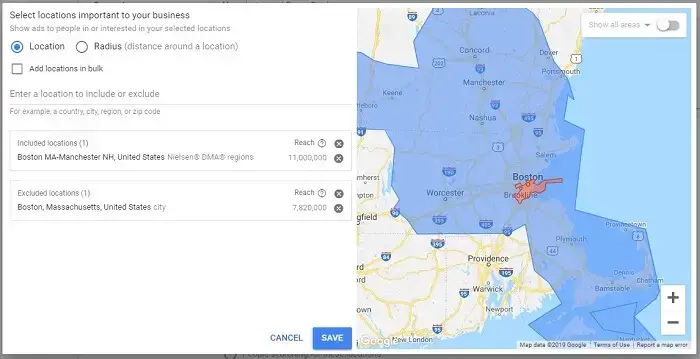
How to avoid PPC keyword cannibalisation?
PPC can be a tricky game, and one of the misdemeanours you have to avoid is keyword cannibalisation.
The good news is that careful use of negative keywords, match types, and unique landing pages can give you peace of mind.
With a few strategic deployments here and there, Google Ads managers can feel secure knowing that their campaigns will get the maximum efficiency out of every dollar spent – without accidentally cancelling out impressions with other PPC ads.
Reap huge rewards by fine-tuning your PPC setup with extra attention to combinations of negative keywords, very specific match types, and carefully crafted landing pages.
Keyword Cannibalisation PPC – mastering Google Ads
With keyword cannibalisation, all your hard work could be for nothing. That’s why it’s so important to manage competing campaigns correctly and avoid the pitfalls of internal competition. By differentiating your settings, ensuring unique landing pages, setting different targets and regularly monitoring performance, you can make sure that your campaigns don’t get in each other’s way.
Now get out there and make sure your PPC campaigns don’t eat each other alive.


